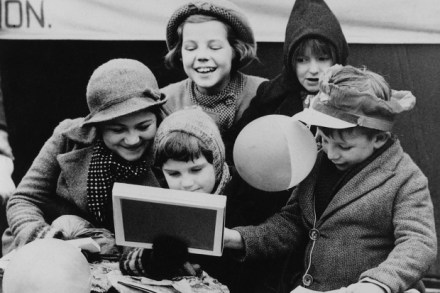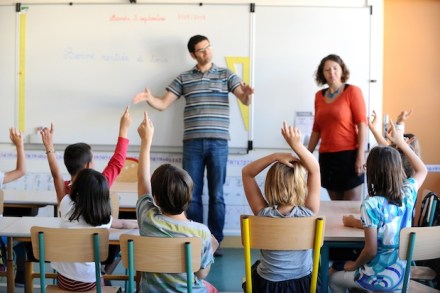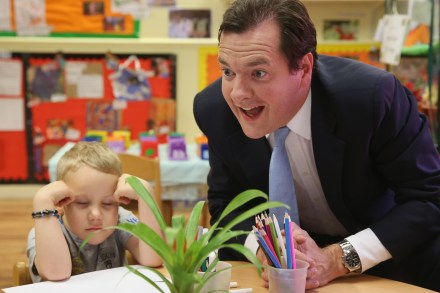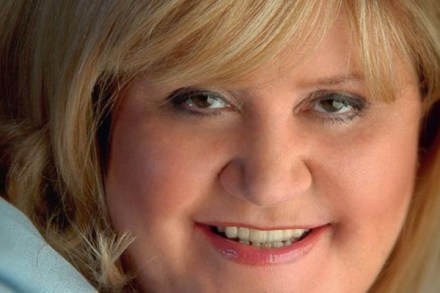I’m no friend of fags. But this proposed ban on smoking in cars is perilous
As a child, I was not a good traveller. The mere scent of a car interior – possibly the plastic seats, maybe the closed atmosphere, probably the whiff of petrol – would be enough to bring on the tell-tale flow of odd saliva that heralded a really impressive bout of vomiting. If the smell of fag smoke had been added to the mix it would have happened even sooner. So when I say that the that Labour peers’ attempt today (supporters of the amendment include Tony Blair’s old friend, Charlie Faulkner) to introduce a ban on smoking in cars with children is bossy, oppressive and expressive of the demeanour of Yvette Cooper



















